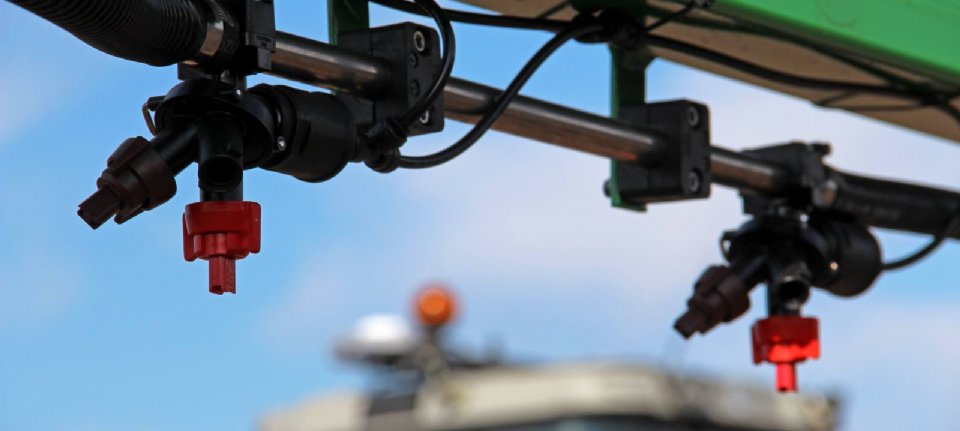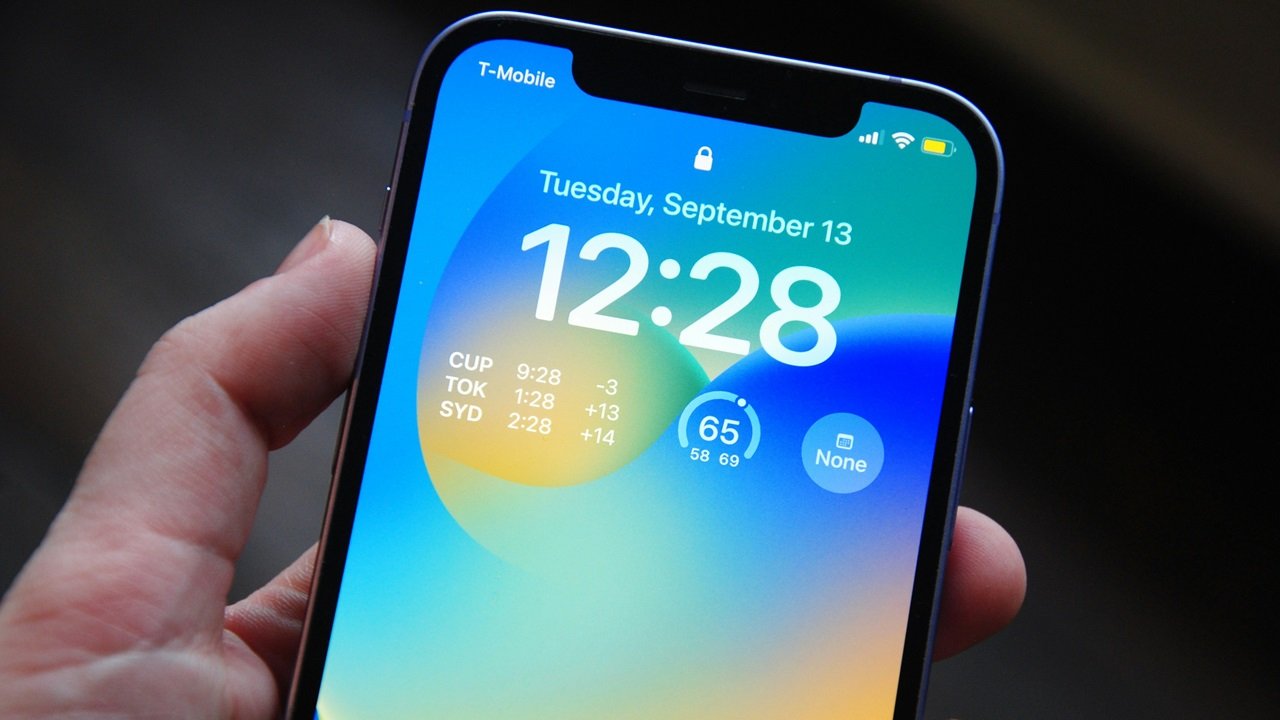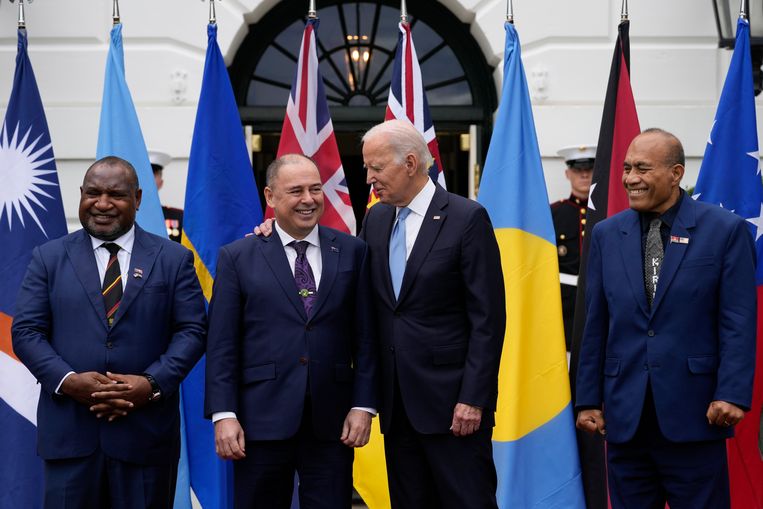In recent days, the leaders of eighteen Pacific island states have been welcomed in Washington like world stars. It was clear: President Joe Biden treated Pacific leaders to a truly charismatic offensive. The objective: to persuade them not to cooperate economically or militarily with the other superpower, China.
On Sunday they first took a special Amtrak train to the Baltimore Ravens’ rugby match. They were honored for eighty years of friendship, on and off the field. Heads of state and senior officials toured the Coast Guard ship. Lunch with President Biden at the White House on Monday and Tuesday, dinner with Secretary of State Anthony Blinken, meetings with members of Congress on Capitol Hill, visits to more American dignitaries, and finally, on Tuesday evening, a barbecue with an Australian ambassador to the United States.
A complete set of promises
Last year, at another such meeting, Washington had already pledged $810 million in support and added another $200 million in recent days. Financial support to build an undersea internet cable to provide more stable access to the global web, investments to combat the effects of global warming and a whole package of promises to blue Pacific states.
Eighteen nations of the Pacific Islands Forum, which include Australia and New Zealand, welcomed the attention. Island states such as Fiji, Micronesia, Papua New Guinea and the Marshall Islands have felt neglected by the US and neighboring Australia for decades.
“Thirty years ago, America was at the height of its power. By flexing its muscle, Washington kept the world in line, including the Pacific,” said Paul van Hooft, head of the Indo-Pacific Program at The Hague Center for Strategic Studies. “In the following years, not only America but also Europe lost influence. Now there are two flavors to choose from in the Pacific: America and China.
Agreement with the Solomon Islands
Over the past decade, China has begun to penetrate the Pacific to gain influence. Much to America’s consternation, this did not help Beijing. Last year, China concluded a defense agreement with the Solomon Islands that also gives the superpower the right to station naval vessels there. Those from America refused. On Kiribati Island, China’s World War II-era airstrip is being renovated. In Vanuatu, a friend of the US until this month, the prime minister was recently ousted and replaced by a pro-China prime minister.
“The Pacific Ocean is huge. That’s why these small island states are of great geopolitical and military value,” says Van Hooft. “The major powers want to build ports there. US fears China will build a naval port in Solomon Islands. The US wanted to keep the Pacific under its influence in order to keep open shipping lanes to the west. “Don’t forget the economic benefits, especially resources like oil, gas and rare metals in the deep sea. The exclusive economic zones of those island states provide access to this.
Washington is doing everything it can to repair the damage. It recognized two island states: the Cook Islands and Niu. It opens embassies in the Solomon Islands and Tonga. A diplomatic post in Vanuatu and a regional mission in Fiji are planned.
Island states simply refuse to become playthings in the geopolitical power game. They seek constructive cooperation to overcome their problems. Now they are clearly showing that they have a choice and they are making good use of it.

“Passionate analyst. Thinker. Devoted twitter evangelist. Wannabe music specialist.”







More Stories
Small entrepreneurs in the US fear the TikTok ban
EU calls on Georgia to scrap ‘Russian law’, US and NATO warn
USA delivers another blow to Mexico in Eredivisie final